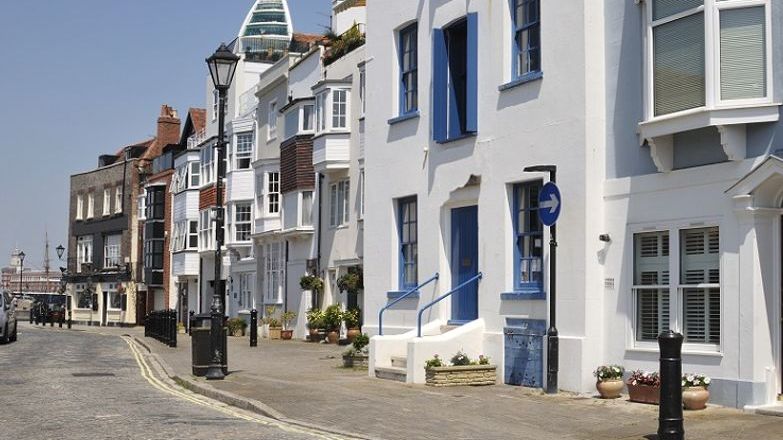
This comes off the back of a call for evidence in Autumn 2022 where an analysis of 4,000 responses showed support for a light-touch scheme.
60% of all respondents indicated support for further intervention, with 42% of all respondents supporting a registration scheme (18% of all respondents favoured a more interventionist approach, for example, a licensing scheme).
Propertymark has campaigned for a long-time to introduce standards for the short-term lettings industry and annotate the impact they have on the availability and affordability of local rental housing and increased house prices driven by additional demand from owners of short-term lets.
DCMS urged to establish standards within the short-term lettings industry
Propertymark has been outspoken in the past over how the proliferation of short-term lets risks reducing the size of the private rented sector. An increase in short-term and holiday lets also reduces the number of homes for people to purchase which increases house prices as supply is reduced.
A high-level approach to a registration scheme
The starting point is that it should be proportionate and easy to understand and comply with. Three possible approaches of what type of scheme could be implemented are:
-
An opt-in scheme for local authorities, with the framework set nationally: this would provide for local authorities to decide whether or not to participate in the scheme based on the needs and challenges of their area. However, it would not ensure a level playing field and ensure consistent adherence to existing health and safety regulations across England.
-
An opt-in scheme for local authorities with the framework set nationally, and a review point to determine whether to expand the scheme to mandatory: as above, but with the flexibility to expand the scheme to cover all of England if there is a case to do so following an evaluation.
-
A mandatory national scheme, administered by either the English Tourist Board (VisitEngland), local authorities, or another competent authority: would recognise the need for a level playing field in the guest accommodation sector across England. It will also provide data at a local level, which will help to provide local planning authorities with information about which premises are being let out in their area and support the development of policy to address housing and community impacts.
Levelling Up and Regeneration Bill
Subject to the outcome of the consultation, the changes would be introduced through secondary legislation and would apply in England only. Scotland and Northern Ireland already have short-term let licensing schemes in operation, and Wales is introducing a statutory licensing scheme for all visitor accommodation providers.
View details of the short-term lets registration scheme consultation →
Consultation on a new use class for short-term lets
Alongside the DCMS consultation, the Department of Levelling Up, Housing and Communities (DLUHC) seeks views on proposed planning changes to use classes and permitted development rights as a further step to help local areas to manage the further proliferation of short-term lets and support sustainable communities.
The new permitted development rights would provide flexibility where short-term lets are not a local issue and allow for this flexibility to be removed where there is a local concern. Where the rights have been removed, planning permission would be required where there is a material change of use to a short-term let. DLUHC is also seeking views on the planning application fee required where permission is required for the development of a newbuild short-term let.
Propertymark lobbying
We will continue our lobbying on the impact of short-term lets on UK housing and input to both consultations; we welcome any thoughts and comments from members. Contact the Policy Team to provide input.





